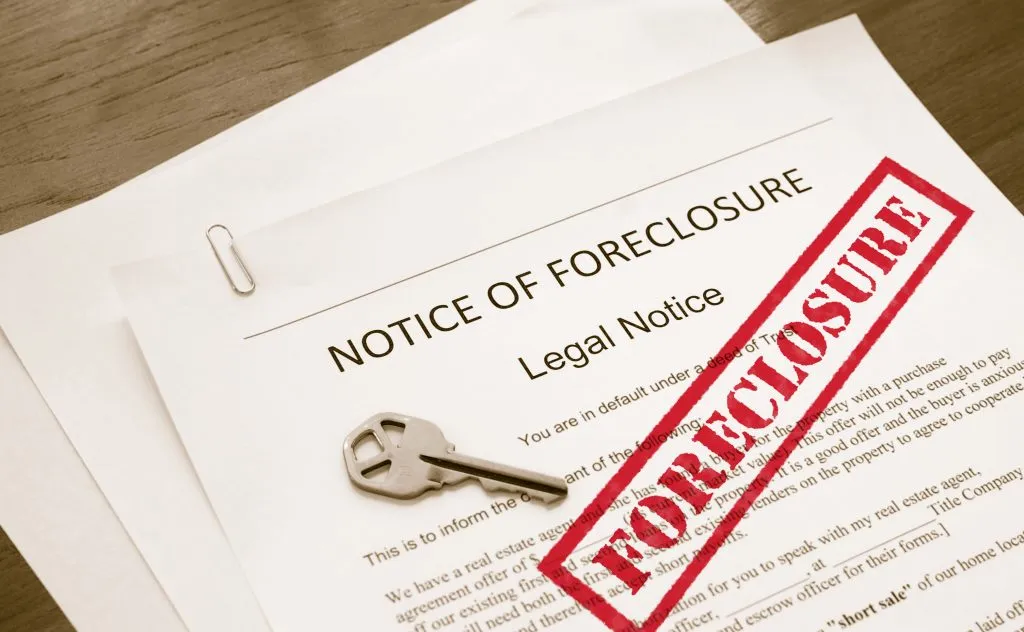How to Avoid Foreclosure
- November 26, 2023
Facing foreclosure can be an overwhelming and stressful experience, but there are steps you can take to protect your home and financial future. Understanding your options and taking action early can avoid foreclosure and its long-term consequences. Here’s what you need to know.

1. Understand the Foreclosure Process
Foreclosure occurs when a homeowner fails to make mortgage payments, and the lender takes legal action to recover the debt. The process varies by state, but typically includes:
- Missed Payments: After one or more missed payments, the lender may contact you about your delinquency.
- Notice of Default: The lender issues a formal notice, allowing you to catch up on payments.
- Foreclosure Proceedings: If payments remain unpaid, the lender may proceed with a foreclosure sale.
2. Communicate with Your Lender
Ignoring the problem will only make it worse. Contact your lender as soon as you anticipate financial difficulties. Many lenders offer assistance programs, including:
- Loan modification
- Forbearance agreements
- Repayment plans
3. Explore Government Assistance Programs
There are several federal and state programs designed to help homeowners avoid foreclosure, such as:
- FHA Home Affordable Modification Program (HAMP)
- HUD Housing Counseling Services
- State-Specific Foreclosure Prevention Initiatives
4. Consider Refinancing or Loan Modification
Refinancing allows you to secure a new loan with better terms, potentially lowering your monthly payment. A loan modification, on the other hand, involves adjusting the terms of your existing mortgage to make payments more manageable.

5. Sell Your Home Before Foreclosure
If keeping your home isn’t an option, selling it voluntarily can prevent foreclosure from damaging your credit. Options include:
- Traditional Home Sale: Selling your home on the market may allow you to pay off your mortgage in full.
- Short Sale: If your home’s value is less than the outstanding loan balance, a short sale (with lender approval) may be an alternative.
6. Look Into Deed instead of Foreclosure
A deed in lieu allows you to voluntarily transfer home ownership to the lender in exchange for debt forgiveness, avoiding the foreclosure process and its impact on your credit.
7. Seek Legal and Financial Advice
Consulting a housing counselor, real estate attorney, or financial advisor can help you explore all available options and make an informed decision.
Foreclosure is not inevitable, and proactive steps can help you regain financial stability. Whether through loan modification, government programs, or selling your home, you have options. Taking action early is the key to protecting your home and future financial health.
If you’re struggling with mortgage payments, reach out to a professional today to discuss your options and find the best path forward.
Related Posts
What are Carrying Costs? Sell Your Texas House Fast and Avoid Carrying Costs
What are Carrying Costs? Sell Your Texas House Fast and Avoid Carrying Costs If you’re trying to sell your house
What to Do If You Owe Back Property Taxes
What to Do If You Owe Back Property Taxes Owing back property taxes can be stressful, but taking action quickly
Address: 40 E. Montgomery Ave. Ardmore, PA 19003
Phone: 610 439 9332
Copyright © 2024 Residence Investors.
